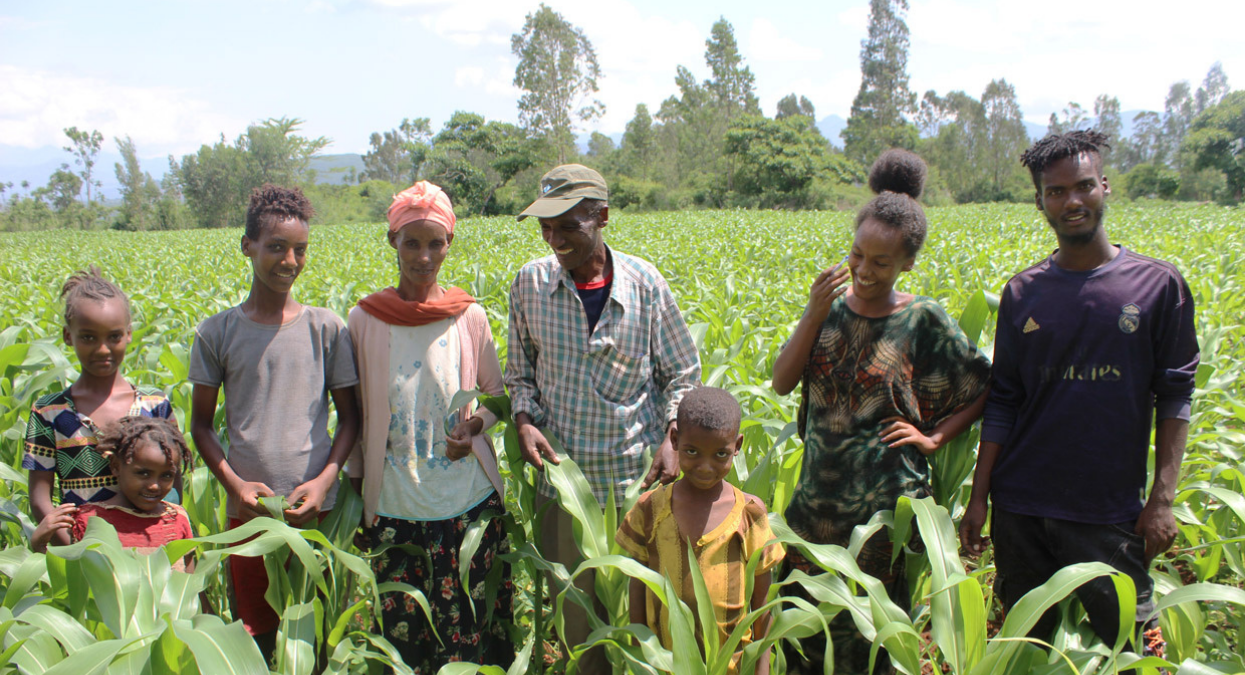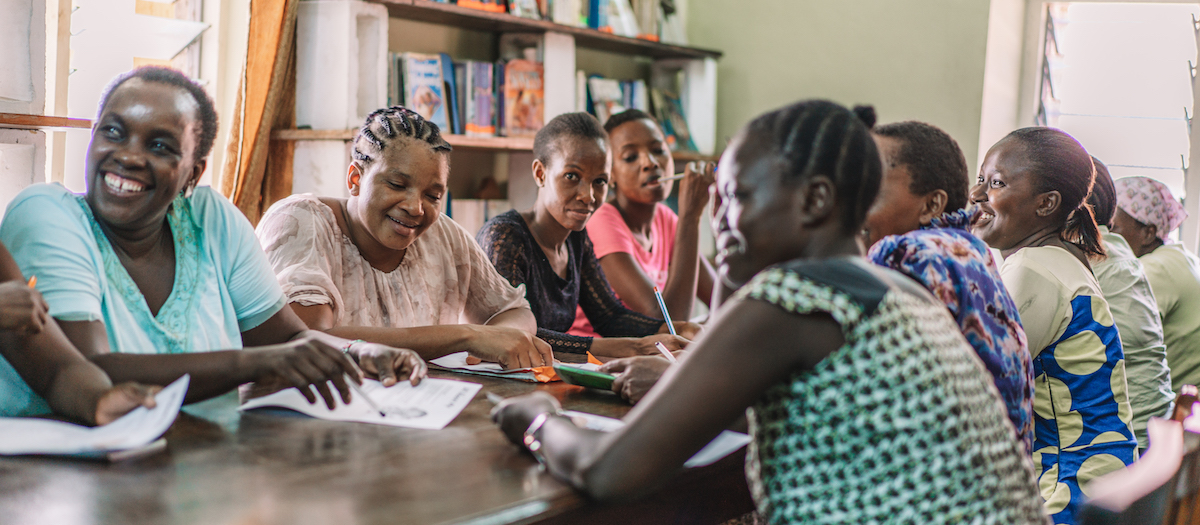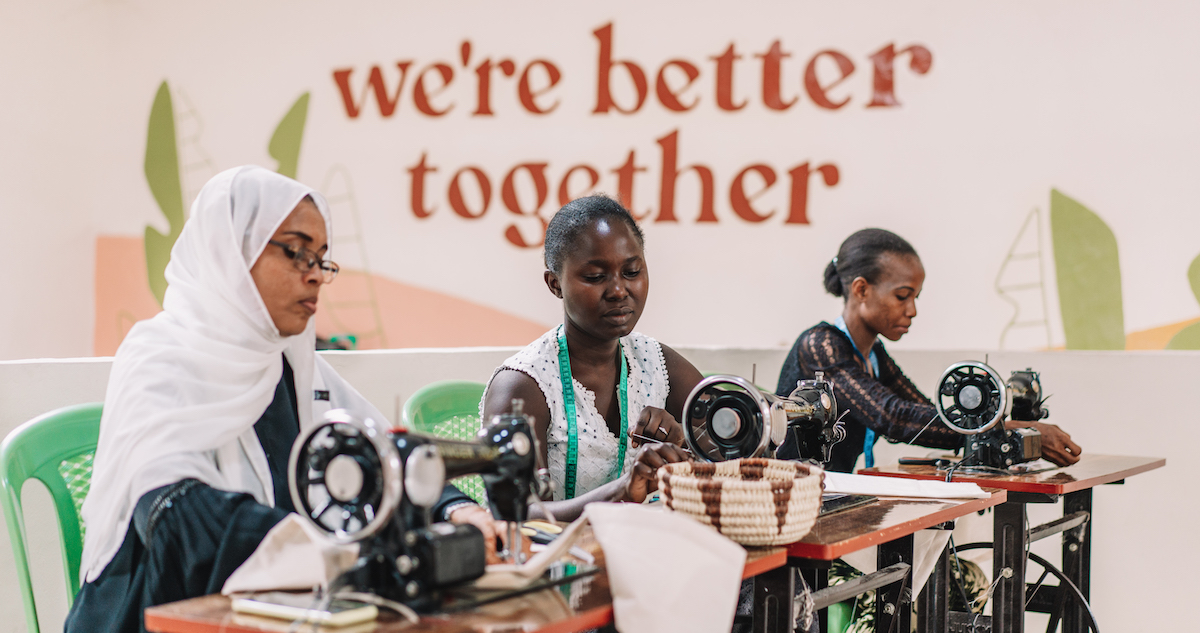Redefine Success
Discovering the value of deep listening
Social enterprise activates on customer insights to achieve success in risky market
October 18, 2021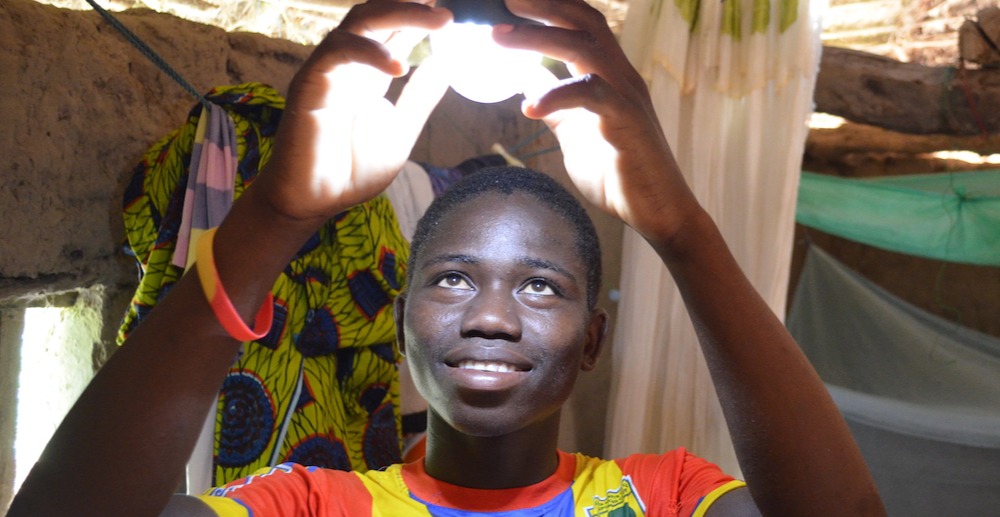
As consumers, the products and services we see in our nearest superstores are displayed in their shiniest, most refined forms. We rarely witness the arduous process of creating a quality innovation, where a product’s success is often predicted by the answer to a single question: does my solution solve a troubling problem for my customer?
This sparked a new question for Justine — what if he could donate energy?
He decided to purchase a small quantity of green biomass bricks from an online vendor and distribute them to local households. The next month, anxious with anticipation, he returned to the village. To his surprise, he found that the biomass sacks were nearly full. “They wouldn’t tell me what the problem was. When you’re given a gift in our culture, you don’t show displeasure, but when the family prepared the supper, I saw that the brick was difficult to light and it only simmered.” Overcome with anguish, Justine realized he had been swindled into buying an energy source that was both faulty and inefficient.
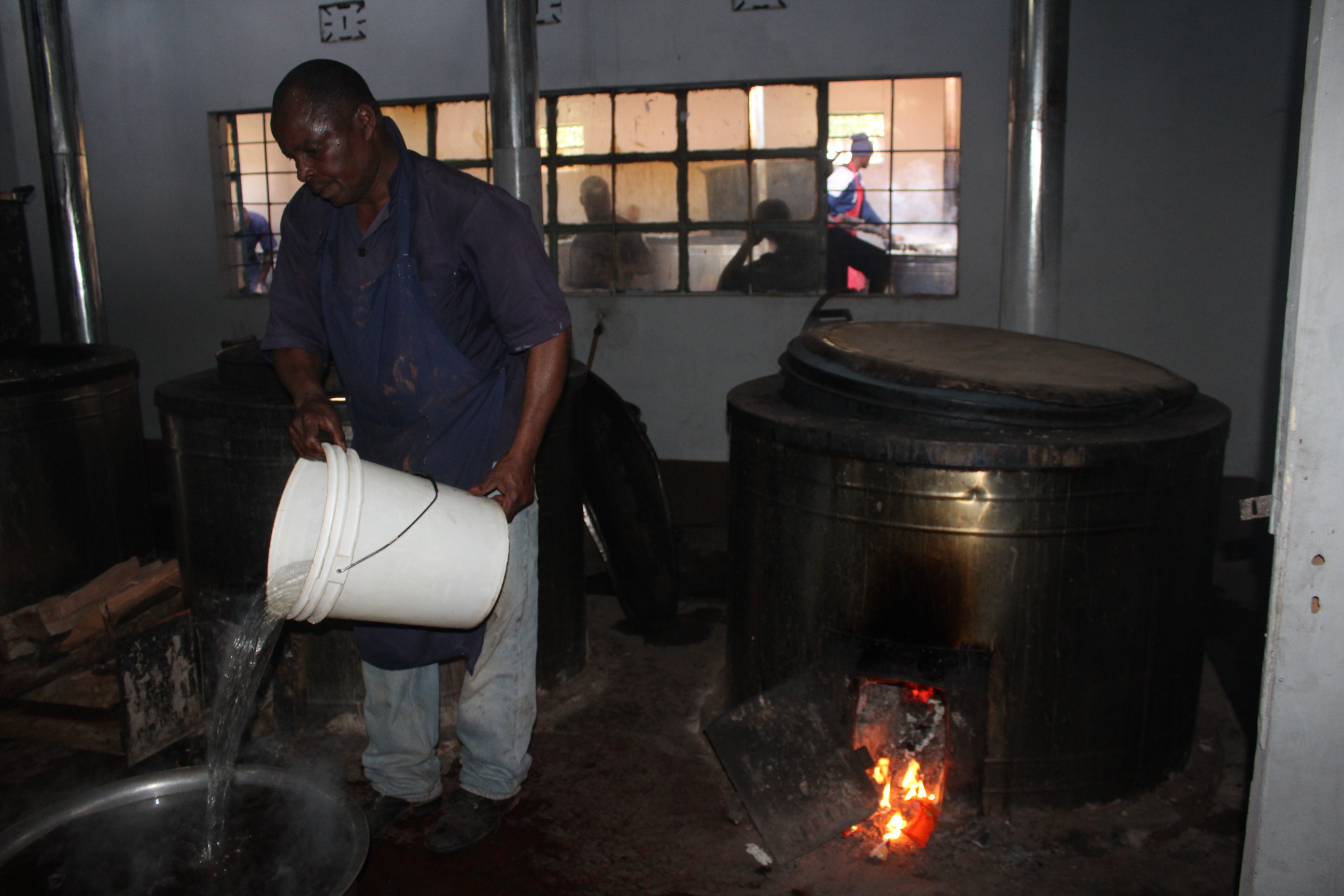
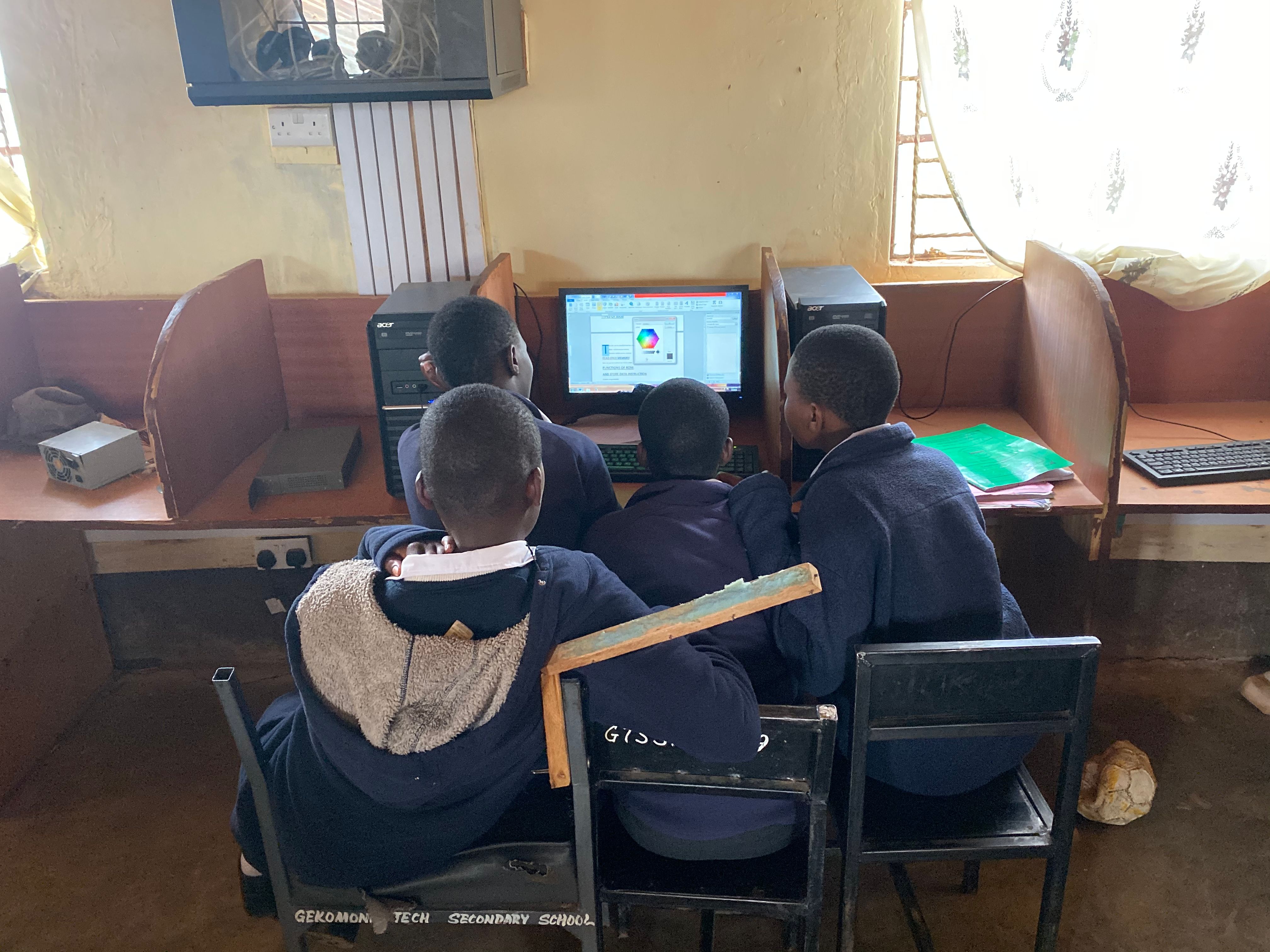
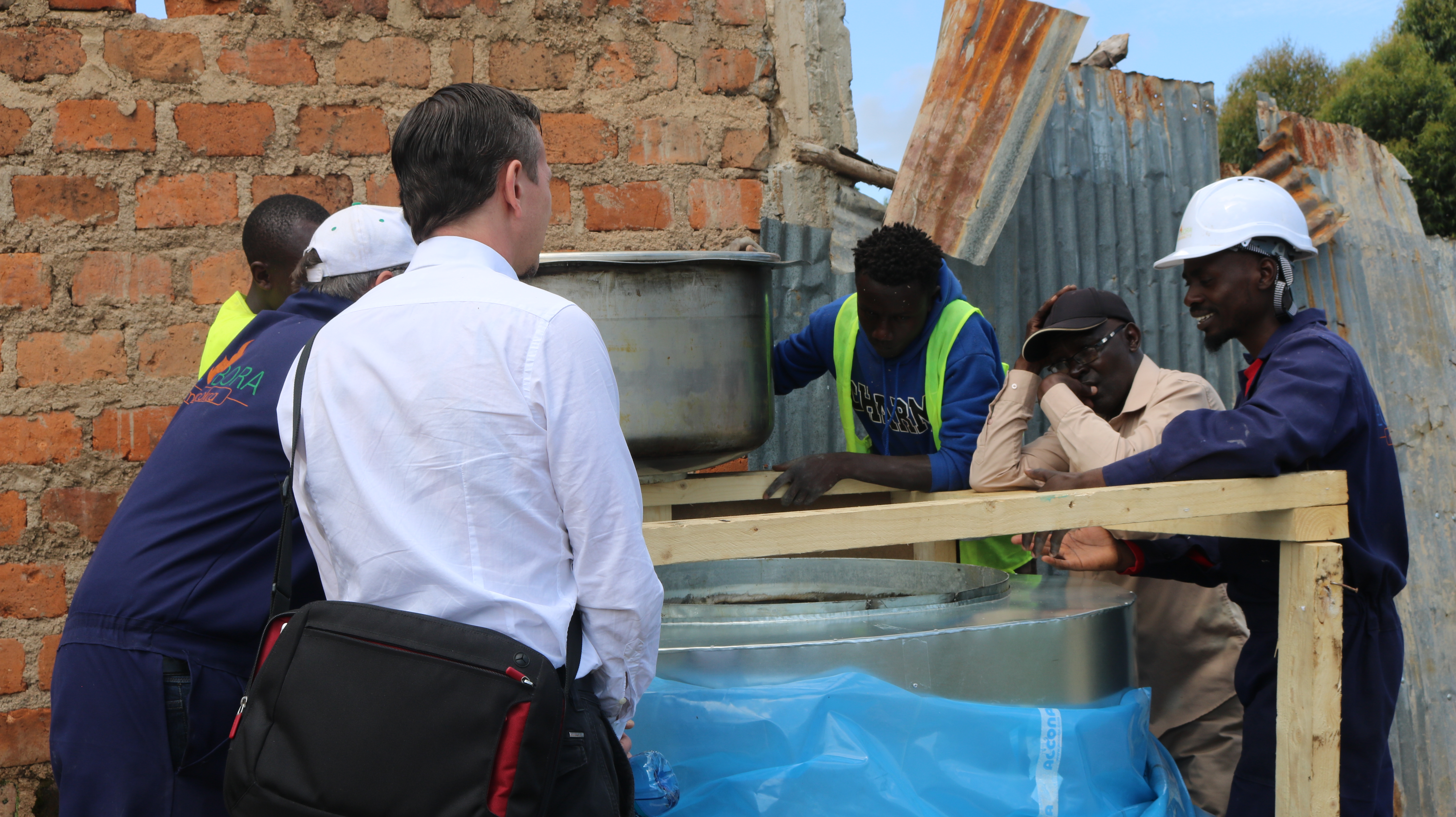

Author
Emily Close
Emily is a Content Creator at Acumen Academy, where she works alongside social entrepreneurs tackling the toughest issues of inequality, to bring their stories to the forefront and share their solutions with other individuals aspiring to affect social change. You can find Emily building content with her colleagues, bouldering with friends, or buried in a book in one of London’s oldest bookstores.
